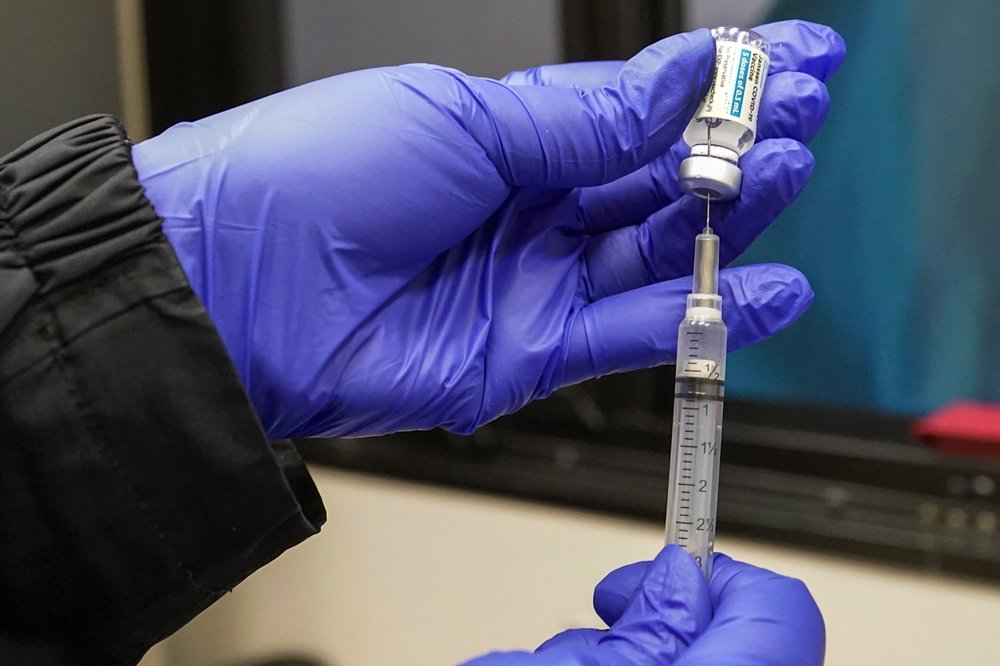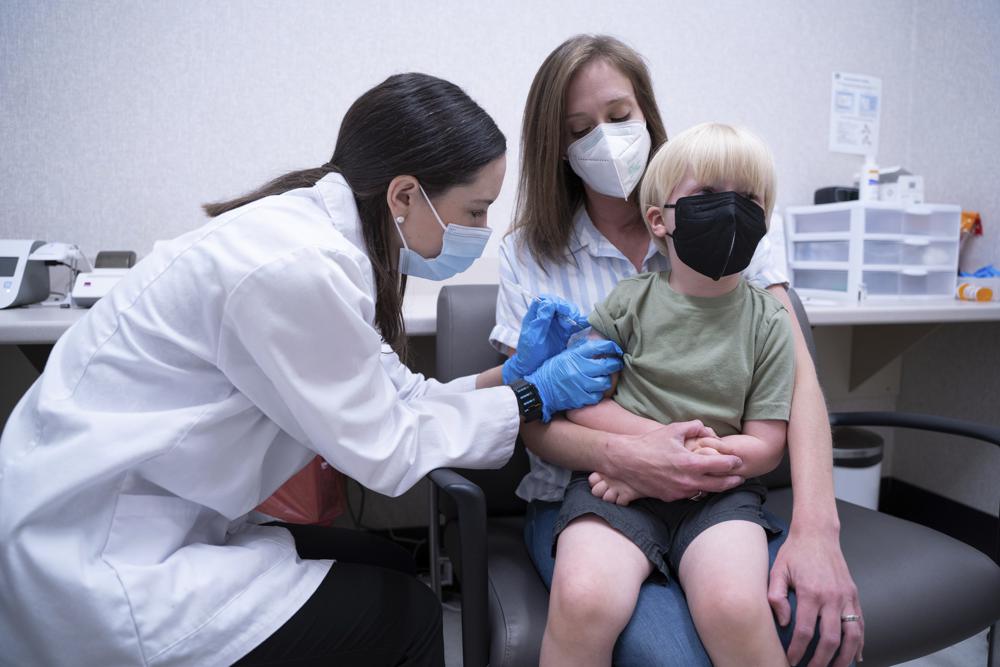The teratogenic virus known as Zika remains a threat to expectant mothers, but researchers at UNC-Chapel Hill are getting closer to a cure with the help of a recently awarded federal grant.
That grant was offered by the Centers for Disease Control and Prevention to a virology laboratory staffed by Dr. Matt Collins, whose research focuses on mosquito-borne diseases.
“It’s both a contract and also really a partnership to work side-by-side with the CDC,” he reported. “It’s kind of a nice partnership to be in; they are clearly on the front lines in terms of the public health response.”
Over $3 million is being afforded to Collins and his colleagues for the purpose of developing diagnostics tools for Zika that already exist for common flaviviruses like yellow fever and dengue.
“The contract is really about working with [the CDC] to understand the finer points of the human antibody response, particularly humans that are experiencing Zika or multiple flavivirus infections sequentially over the course of their lives,” he explained.
The virus gets its name from the Zika Forest of Uganda, where it was first isolated 70 years ago in a rhesus macaque monkey by scientists with the Yellow Fever Research Institute.
A quick test to determine the presence of Zika in bodily fluids is being sought by the CDC, but Collins noted that more research on the virus would be needed to facilitate early detection.
“A really quality serological test would be one of the potential outcomes in applications,” he offered. “In some ways, we’re not quite there yet.”
Symptoms that manifest in adult hosts of the virus are ambiguous, but pregnant women who become infected are likely to give birth to children with microcephaly and other developmental defects.
According to Collins, the methods and techniques needed to assess the state of the virus in patients are just as important as the vaccines being developed to prevent its transmission.
“You can’t really understand how these vaccines are working and assess their efficacy if you can’t tell what [patients have] experienced in terms of natural infections in the past,” he relayed. “The information that we’re interested in generating is going to be directly applicable to those efforts.”
The CDC reports that over 5,000 cases of Zika have occurred in the contiguous United States, with over 90 percent of those cases involving travelers returning from affected areas.
Citizens in those areas are advised to use prophylactics during intercourse and avoid getting bitten by mosquitoes, as the virus is primarily transmitted through those two vectors.
Photo by Barcelona Institute for Global Health.
Related Stories
‹

As NC Monkeypox Cases Rise, Mayor Seils Urges Those Eligible to Get VaccinatedMayor Damon Seils and a UNC student both received their monkeypox vaccine and are encouraging others to do the same.
![]()
Horse Owners Urged to Vaccinate Equine to Prevent Fatal VirusHorse owners are urged to vaccinate their equine after two horses were diagnosed with Eastern Equine Encephalomyelitis in Horry County, South Carolina. The North Carolina Department of Agriculture and Consumer Services released the news Wednesday about the two horses that have contracted the virus which is most often fatal due to the swelling of the […]

Duke Experts Share Advice On Avoiding, Treating Respiratory Viruses Over HolidaysDuke Health recently held a discussion on how people can avoid or cope with viral illnesses during the holiday season.

Here’s Where Jobs and Programs Are Being Cut at the Nation’s Top Health AgenciesThousands of people were laid off Tuesday at the United States' top health agencies. Here are what positions and efforts were cut.

As COVID Cases Surge with New Variants, Experts Encourage Bivalent VaccineNorth Carolina last week, compared to 23,322 the previous week. UNC infectious disease specialist Dr. David Wohl said the latest Covid surge is placing stress on hospital systems, clinics and workplaces.
![]()
WHO Again Considers Declaring Monkeypox a Global EmergencyWritten by MARIA CHENG As the World Health Organization’s emergency committee convened Thursday to consider for the second time within weeks whether to declare monkeypox a global crisis, some scientists said the striking differences between the outbreaks in Africa and in developed countries will complicate any coordinated response. African officials say they are already treating the continent’s epidemic […]
![]()
Hundreds Ill, 1 Dead Due To Unidentified Disease in IndiaAt least one person has died and 200 others have been hospitalized due to an unidentified illness in the southern Indian state of Andhra Pradesh, reports said Monday. The illness was detected Saturday evening in Eluru, an ancient city famous for its hand-woven products. Since then, patients have experienced symptoms ranging from nausea and anxiety […]

Virus Pushes Beyond Asia, Taking Aim at Europe, MideastThe new virus took aim at a broadening swath of the globe Monday, with officials in Europe and the Middle East scrambling to limit the spread of an outbreak that showed signs of stabilizing at its Chinese epicenter but posed new threats far beyond. In Italy, authorities set up roadblocks, called off soccer matches and […]
![]()
Orange County Asking Employees to Change Personal Account Passwords After HackOrange County is encouraging employees to change the passwords to their personal accounts as the county is dealing with fallout from last week’s hack. “Out of an abundance of caution, the county advised its employees to change passwords to personal financial accounts if they accessed those accounts through the county network within the past six […]
![]()
Some Orange County Operations Normalizing After Computer VirusSome Orange County operations are back online Wednesday afternoon after two days of IT officials working to determine the damage from a virus on the county computer network. Officials said in an update that the county “has not detected any evidence that data has been lost or stolen in the cyber attack.” State and federal […]
›






